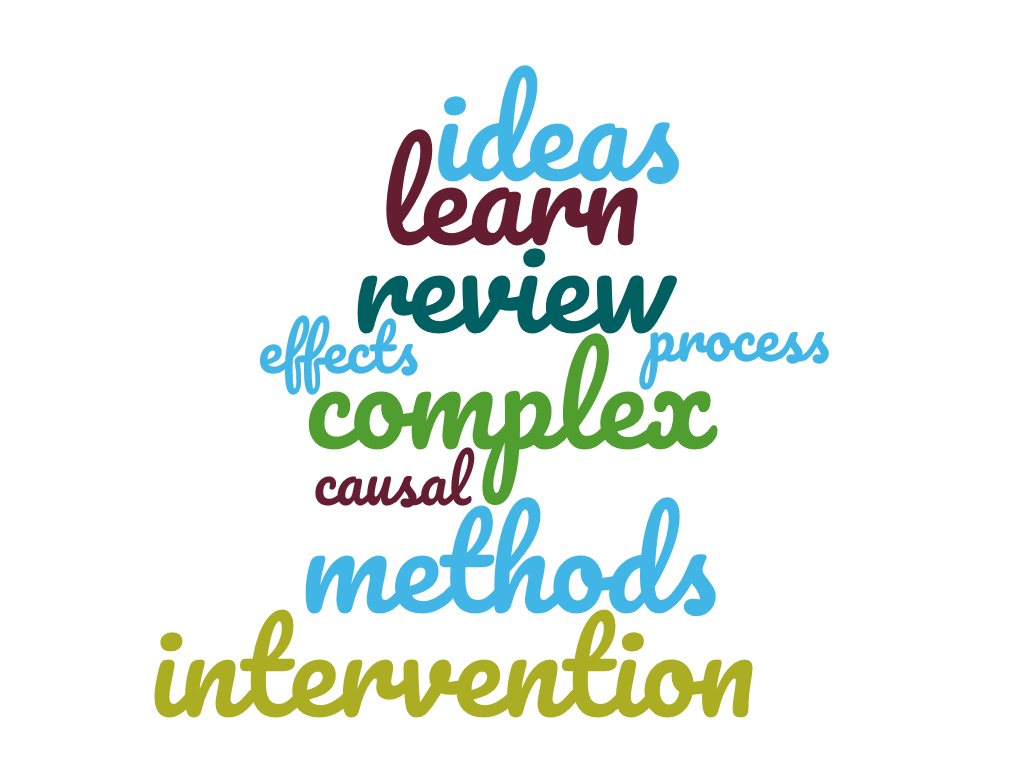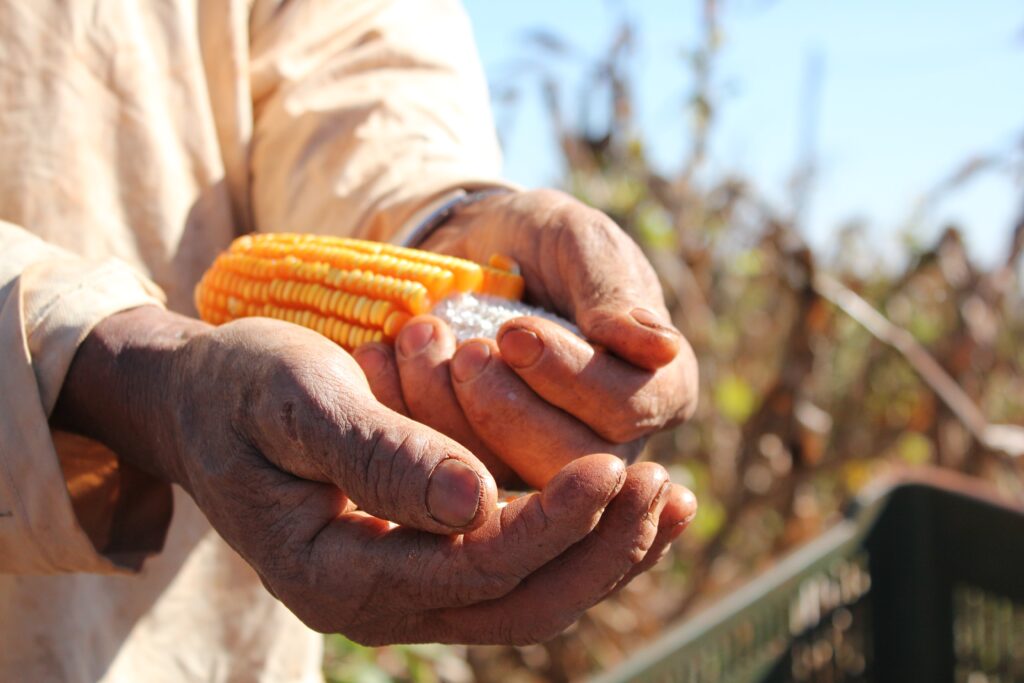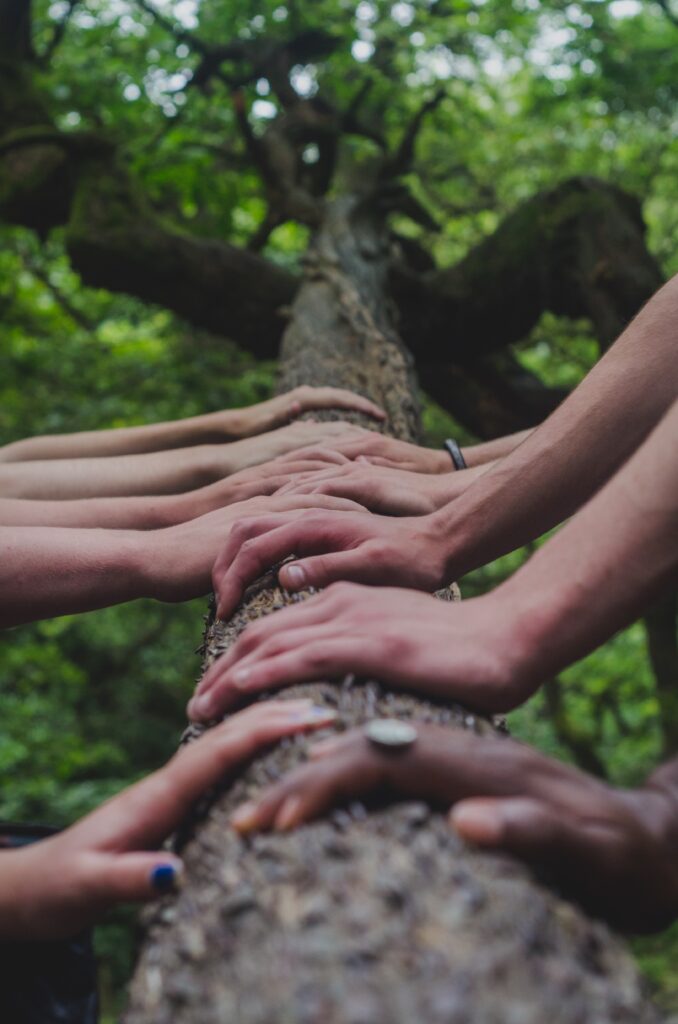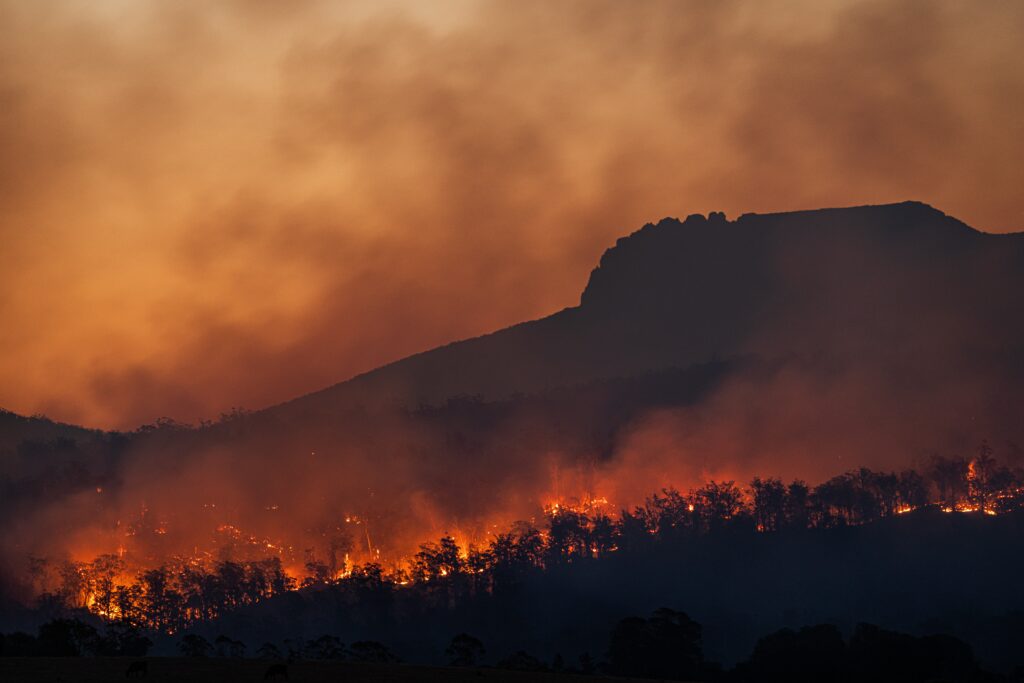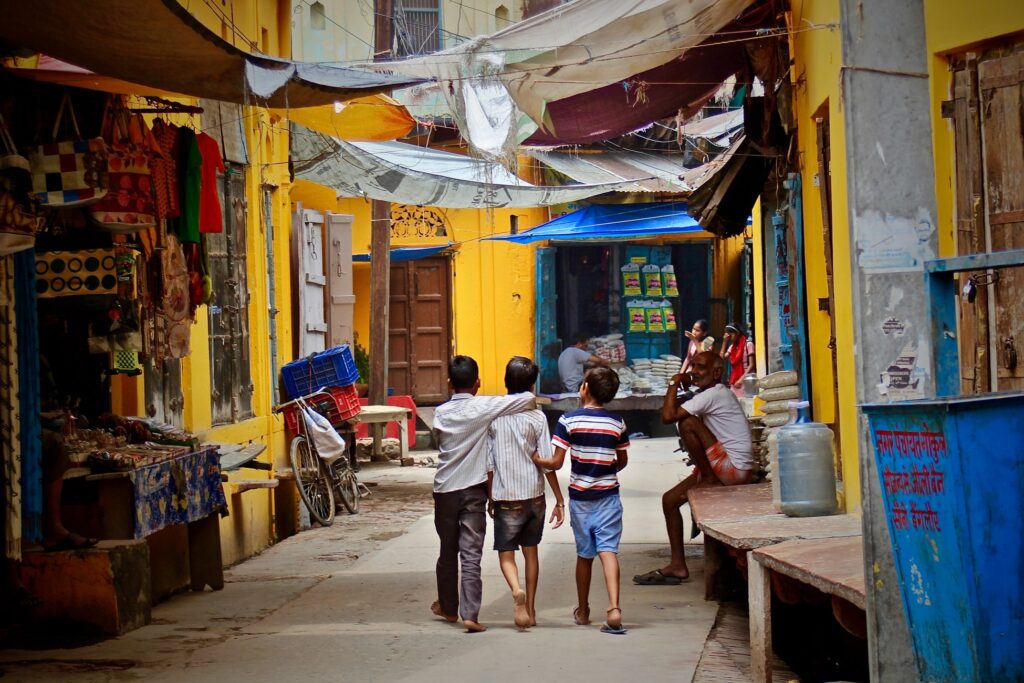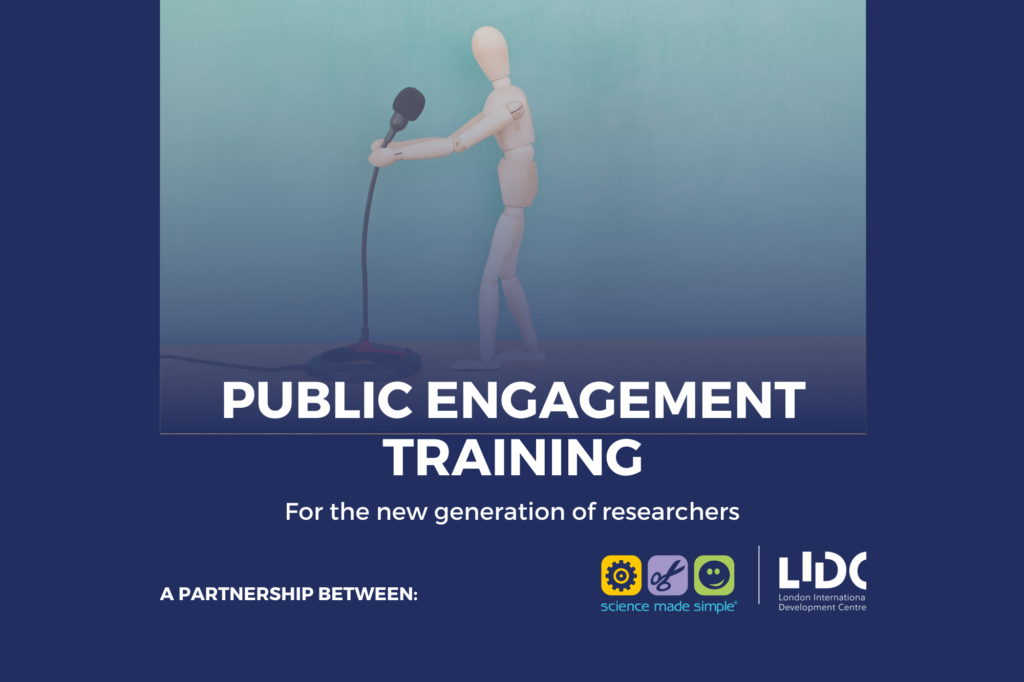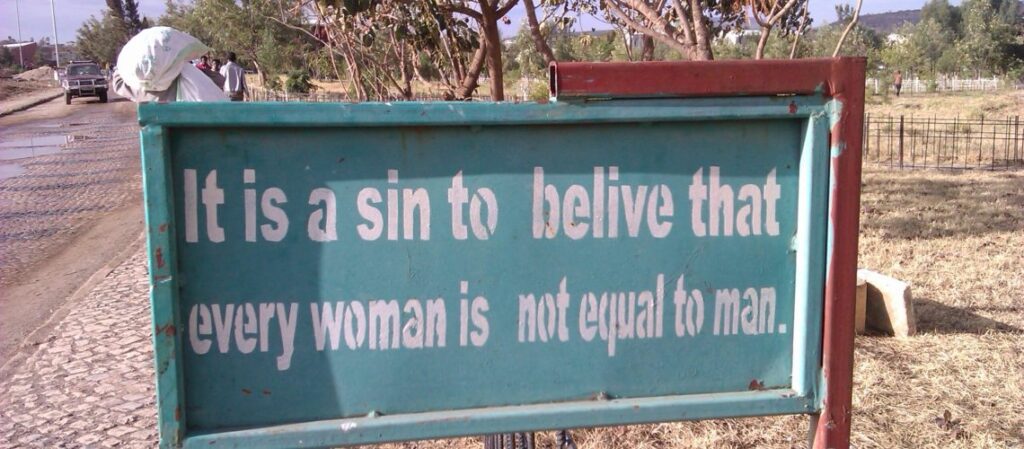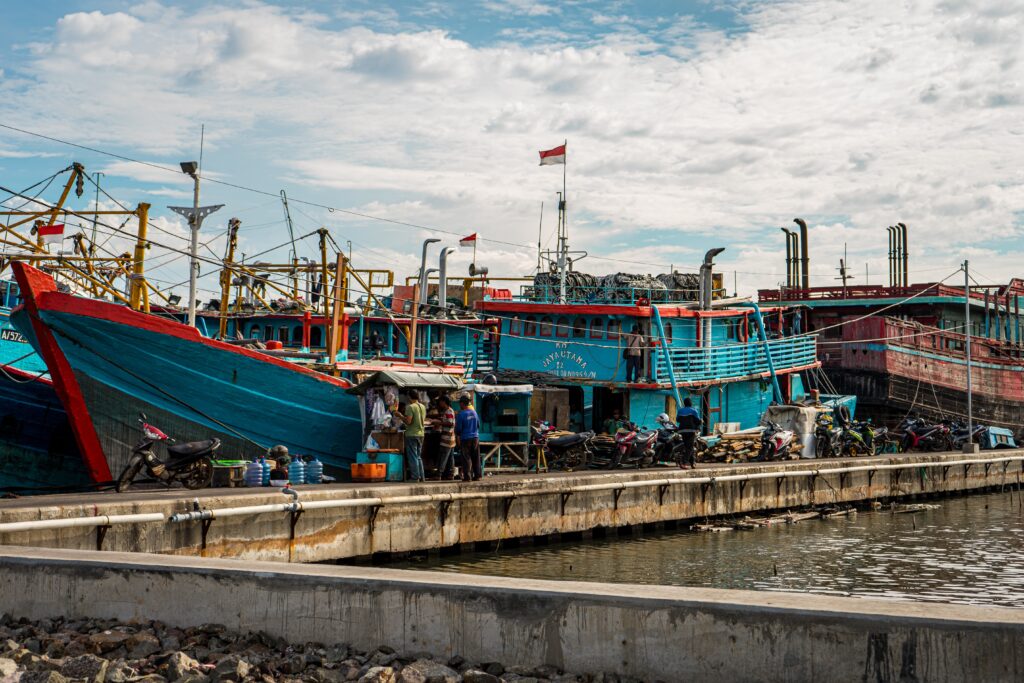Posts by Dave
LIDC Evaluation short course: Thank you from all of us to all of you!
Thank you to all those who contributed to making the 2021 LIDC Evaluation short course such a success. We’re extremely grateful to the course tutors, particularly our LIDC colleague (and LSHTM Assistant Professor) Hugh Sharma Waddington, who deftly managed the online sessions, introducing activities to keep engagement levels high. We’ve received very helpful feedback from…
Read MoreMeet ‘Seeds of Science’: A new free and inclusive peer-reviewed scientific journal for researchers globally
Scientists from low and middle-income countries (LMICs) face many challenges when it comes to publishing their research in academic journals. First among these challenges is cost. Many journals ask for expensive publishing fees which can be many times the yearly salary of a researcher in many countries. Although some journals have waiver policies, researchers may…
Read MoreJoin the Largest Global Development Research Network
Are you a student or recent graduate looking for a professional network to help kickstart your career in global development? London International Development Centre (LIDC) invites you to benefit from our membership programme. Becoming a member connects you with over 5,700 like-minded peers and professionals who are dedicated and passionate about working in global development.…
Read MoreDiversity work: Time to get our hands dirty
Written by Clare Matysova, Equality, Diversity and Inclusion Manager at the London School of Hygiene and Tropical Medicine. Diversity work has been described as “messy, even dirty, work” involving “sweaty concepts, concepts that come out of the effort to transform institutions that are often not as behind that transformation as they appear to be” (Ahmed…
Read MoreIPCC Report on Climate Change: Why we must all respond, by Prof. Claire Heffernan
The UN IPCC report on Climate Change is unequivocal. The time to act is now. LIDC Director, Professor Claire Heffernan, issued the following response: The United Nations warned on 9 August that global warming is dangerously close to being out of control with humans beings ‘unequivocally’ to blame. The report from the Intergovernmental Panel on Climate…
Read MoreEducation in Time of COVID-19 in India
Shana is ten, and Sneh 6 [1] . They have lost their 34-year-old mother. They cannot run into the lap of their grandmother either, for she also succumbed to the virus. Shana and Sneh will hopefully resume their schooling but without the loving gaze of their mother and grandmother. The National Education Policy, produced amid the pandemic,…
Read MoreLIDC hosted public engagement training for PhD students and Postdocs
How do you spark an interest in the research you are conducting? In May, PhD students and early-career researchers selected from our members learned the ropes of public engagement – including by using socks as props. History. Politics. Epidemiology. Management. Population Health. Linguistics. The PhD students and postdocs at our training eat, breathe and…
Read MoreStarting a research project during a pandemic and a war: lessons from project dldl/ድልድል
LIDC member Dr Romina Istratii is a UKRI Future Leaders Fellow at SOAS University of London. Here she describes the challenges of setting up project dldl/ድልድል (which means ‘bridge’ in Tigrigna), a project dedicated to the development and strengthening of religio-culturally sensitive, domestic violence alleviation systems in Ethiopia, Eritrea and the UK. This blog was produced…
Read MoreCaught in Crime: Forced Labour and the Global Seafood Industry
It is packed with vitamins and minerals, helps keep your bones strong and can prevent dementia in old age. Research from Queen Mary, University of London, show that seafood helps your heart healthy, which is associated with better cognitive abilities. There is just one catch: Recent investigations by media outlets and non-governmental organisations have…
Read MoreLost expressions: how do I say depression in Chichewa?
Words – they define us and help us to express how we feel. So what if there are no right words attached to a particular condition or experience? We can become lost and unable to clearly understand what we’re going through. This is something I have been exploring more recently whilst conducting my research…
Read More
